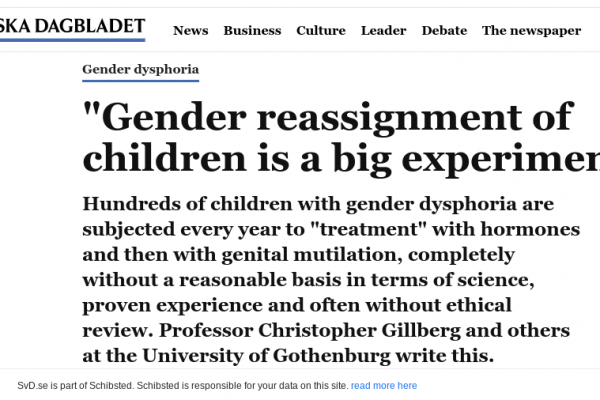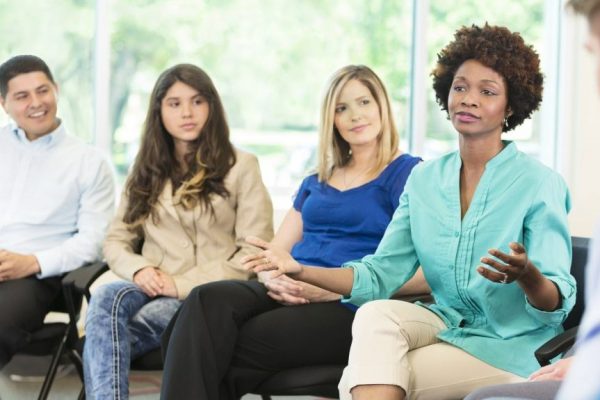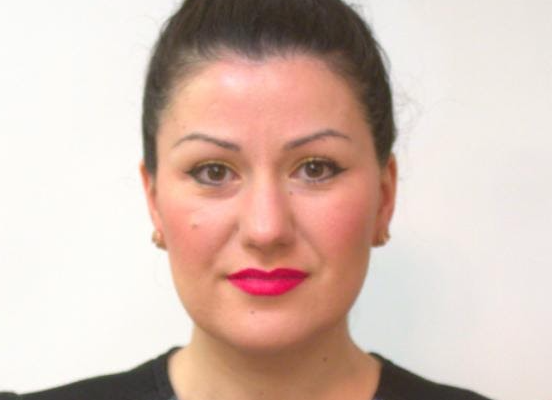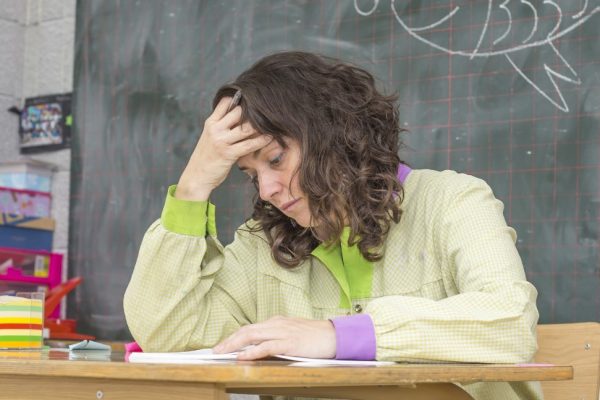Many articles have come out recently, in both Canada and the US, about schools hiding minor children’s trans identities from parents, under the guise of the human rights code. Parents also continue to be concerned that teachers are instructing their children that gender identity is a replacement for the biological reality of sex.
Parents’ Rights in Canada
The right of parents to direct, and to be fully informed about, all aspects of their children’s education is entrenched in international law, Canadian constitutional law, and provincial law:
- The Universal Declaration of Human Rights, G.A. Res. 217 A (III), U.N. Doc. A/810 (1948) states in Article 26(3):
Parents have a prior right to choose the kind of education that shall be given to their children.
- The International Covenant on Civil and Political Rights, 999 U.N.T.S. 171, to which Canada is a signatory, states in Article 18(4):
The States Parties to the present Covenant undertake to have respect for the liberty of parents and, when applicable, legal guardians to ensure the religious and moral education of their children in conformity with their own convictions.
- The Supreme Court of Canada in Loyola High School v. Quebec (Attorney General), 2015 SCC 12 (paragraph 65), affirmed that Article 18(4) of the International Covenant on Civil and Political Rights is applicable in Canada. The ruling states:
“Parents, religious or otherwise, have the constitutional right under s. 2(a) of the Charter of Rights and Freedoms to determine all aspects of their children’s education, including the moral education of their children. Like all rights, parental rights are subject to reasonable limits. For example, parents do not enjoy a constitutional right to require the public school curriculum to align with the cultural, moral, and religious values they desire to pass down to their children. Rather, the right to determine all aspects of a child’s education manifests itself in the right to school choice and the right to be informed.”
Supreme Court Decision – Loyola High School vs Quebec
Also, it is important to note that while “gender identity, gender expression” are protected rights under the Ontario Human Rights Code, so is “family status”: “Family status” is defined as “the status of being in a parent and child relationship.”
We urge parents to remind their schools of their rights.





I understand that I have the right to be informed beforehand about what they will be teaching my kids, but do I have the right to ask for my kids to leave the classroom during sex-ed, gender theory, etc, without penalty?
Please note The Ontario Human rights code Bill 28 passed into Law
Removed the term “MOTHER AND FATHER”
HOWEVER. The Bill would also prohibit gender—affirming hormones and
Surgery THIS Procedure is nothing less then Chemical Castration on Minors
Parents religious or otherwise have the constitutional right under s 2 a of the Charter
of rights and Freedoms to determine all aspects of their childrens education including
the moral education of their children
I think you should clarify that the Charter does not say a single word about parents having that right. The Charter says “Everyone has the following fundamental freedoms (a) freedom of conscience and religion:”. No where does it say that parents have a constitutional right to enforce those beliefs onto their children. What you are referring is an interruption of the Charter, not the actual Charter. And interruptions are subject to change.
I think it’s important to highlight the difference because otherwise parents will walk around thinking the Charter gives them some etched in concrete, permanent right to teach their child a certain way. They have no such thing. It is absolutely within a school board’s right to challenge a parent’s decisions if they think a parent is not acting in the best interest of their child.
Yes it does it clearly says in Article 26
It should also be noted that in the case you referring to above, the school still had to teach the mandated curriculum. This ruling only addressed how they taught they’re own religion. Banning other people’s belief system is not a protected right.